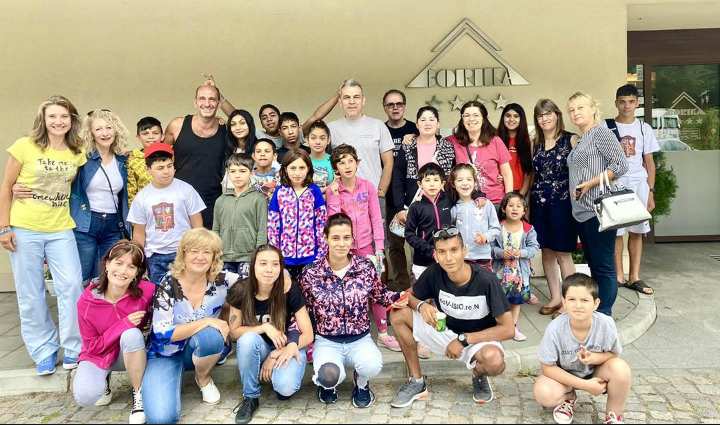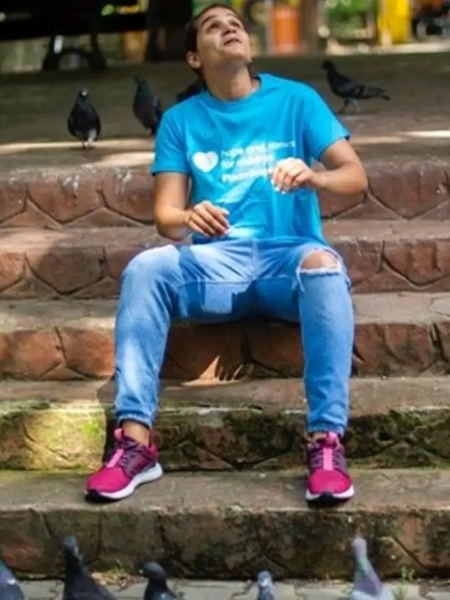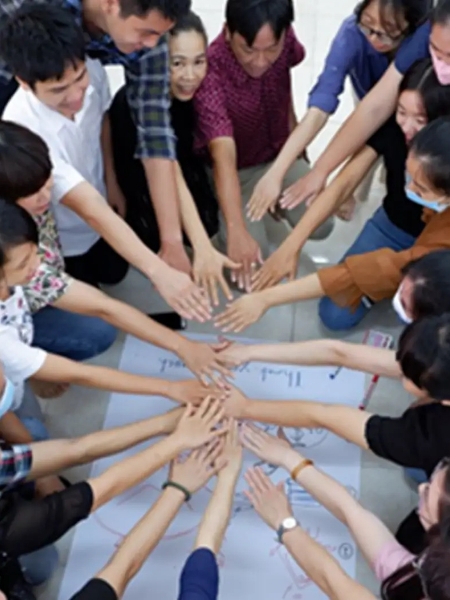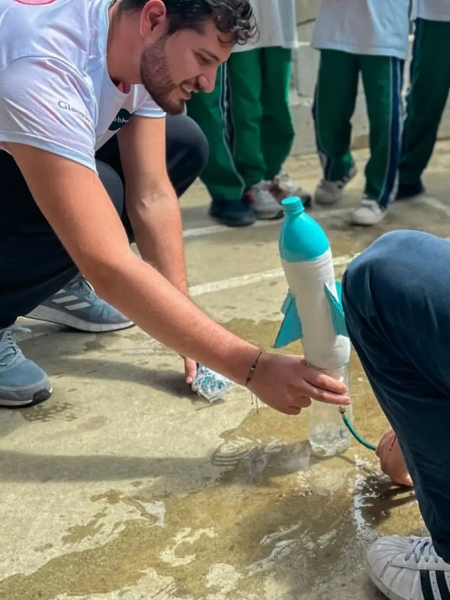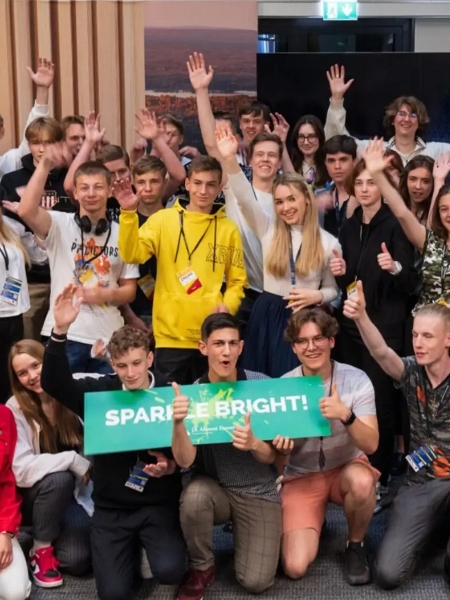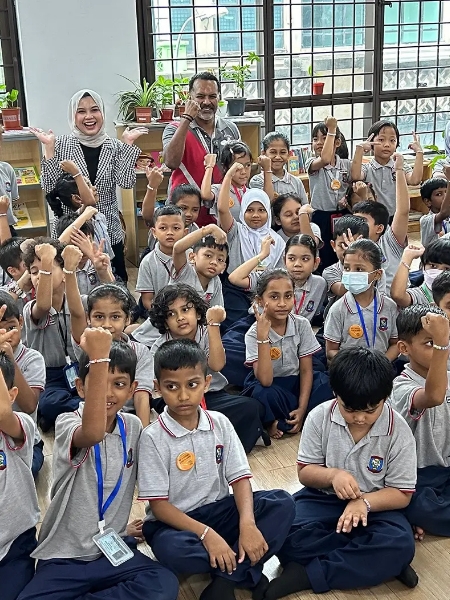Star of Hope
Think Human Fund
Mission & History
In 1999, a compassionate woman with a deep heart for orphans and those in need founded the “Star of Hope” Foundation.
Emilia Manolova had been caring for orphans and people with disabilities since the early 1990s. Her unwavering love, dedication, and kindness drew the attention and support of many individuals and sponsors inspired by her selfless work.
Motivated by a desire to bring light, hope, and a chance at happiness to those often forgotten, Emilia officially established the “Star of Hope” Foundation in 1999. She remained committed to its mission until her passing in 2017, working tirelessly for the well-being and dignity of the marginalized, rejected, and wounded members of society.
The foundation aims to help build a society where the suffering, the wronged, and the excluded are given equal opportunities for life, education, work, and personal development. It also strives to raise public awareness about the importance of integrating disadvantaged youth on equal terms with all other citizens—both within the country and across Europe.
Emilia Manolova had been caring for orphans and people with disabilities since the early 1990s. Her unwavering love, dedication, and kindness drew the attention and support of many individuals and sponsors inspired by her selfless work.
Motivated by a desire to bring light, hope, and a chance at happiness to those often forgotten, Emilia officially established the “Star of Hope” Foundation in 1999. She remained committed to its mission until her passing in 2017, working tirelessly for the well-being and dignity of the marginalized, rejected, and wounded members of society.
The foundation aims to help build a society where the suffering, the wronged, and the excluded are given equal opportunities for life, education, work, and personal development. It also strives to raise public awareness about the importance of integrating disadvantaged youth on equal terms with all other citizens—both within the country and across Europe.
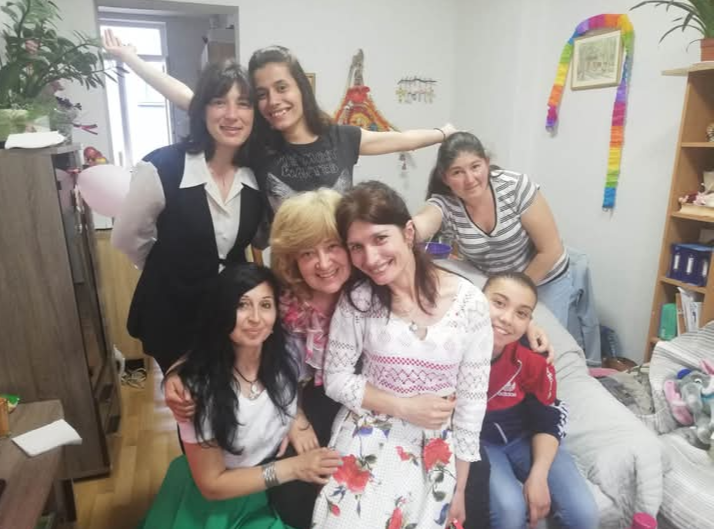
Country Information
Bulgaria remains one of the poorest countries in the European Union, with more than 30% of its population at risk of poverty and social exclusion, according to Eurostat (2023).
Children and young people without parental care are among the most vulnerable. Over 2,000 children currently reside in residential care institutions, and many who leave these facilities face serious challenges, including unemployment, homelessness, and a lack of essential life and social skills.
In addition, the country is experiencing significant demographic issues, marked by a shrinking and aging population.
Our project responds to the urgent need to support these at-risk children and youth—helping them integrate into society and build independent, stable, and fulfilling lives.
Children and young people without parental care are among the most vulnerable. Over 2,000 children currently reside in residential care institutions, and many who leave these facilities face serious challenges, including unemployment, homelessness, and a lack of essential life and social skills.
In addition, the country is experiencing significant demographic issues, marked by a shrinking and aging population.
Our project responds to the urgent need to support these at-risk children and youth—helping them integrate into society and build independent, stable, and fulfilling lives.
The Need
Vulnerable children and young people without parental care face severe and often overlooked challenges. Many grow up experiencing emotional neglect, social isolation, and a lack of guidance in developing essential life skills.
As they leave care institutions, they are frequently unprepared for adulthood—struggling with unemployment, unstable housing, and difficulty navigating everyday responsibilities.
These young individuals are at high risk of social exclusion, with limited opportunities to build stable, independent lives. The urgency to address their unmet emotional, social, and developmental needs remains critical.
As they leave care institutions, they are frequently unprepared for adulthood—struggling with unemployment, unstable housing, and difficulty navigating everyday responsibilities.
These young individuals are at high risk of social exclusion, with limited opportunities to build stable, independent lives. The urgency to address their unmet emotional, social, and developmental needs remains critical.
The Project We Fund
To address the challenges faced by vulnerable youth, the organization has launched targeted support initiatives. These include therapeutic programs that promote emotional healing and life skills development, as well as summer camps that combine educational and recreational activities to foster social connection.
The Center for Psychological and Social Support offers ongoing care, with art therapy as a key tool for emotional recovery. The protected housing program provides a safe space for young people leaving state care, supporting their transition to independent living.
Life skills training through workshops and mentoring covers job readiness, financial literacy, and emotional resilience—equipping youth to build stable and self-sufficient futures.
The Center for Psychological and Social Support offers ongoing care, with art therapy as a key tool for emotional recovery. The protected housing program provides a safe space for young people leaving state care, supporting their transition to independent living.
Life skills training through workshops and mentoring covers job readiness, financial literacy, and emotional resilience—equipping youth to build stable and self-sufficient futures.
The Result
The impact of the project is measured through ongoing evaluations, which include surveys and feedback from beneficiaries, volunteers, and staff. Both qualitative and quantitative indicators are monitored, such as improvements in emotional well-being, enhanced social skills, and the number of young people successfully transitioning to independent living. Project outcomes are also reviewed through monthly reports and regular meetings, allowing for progress tracking and timely adjustments.

